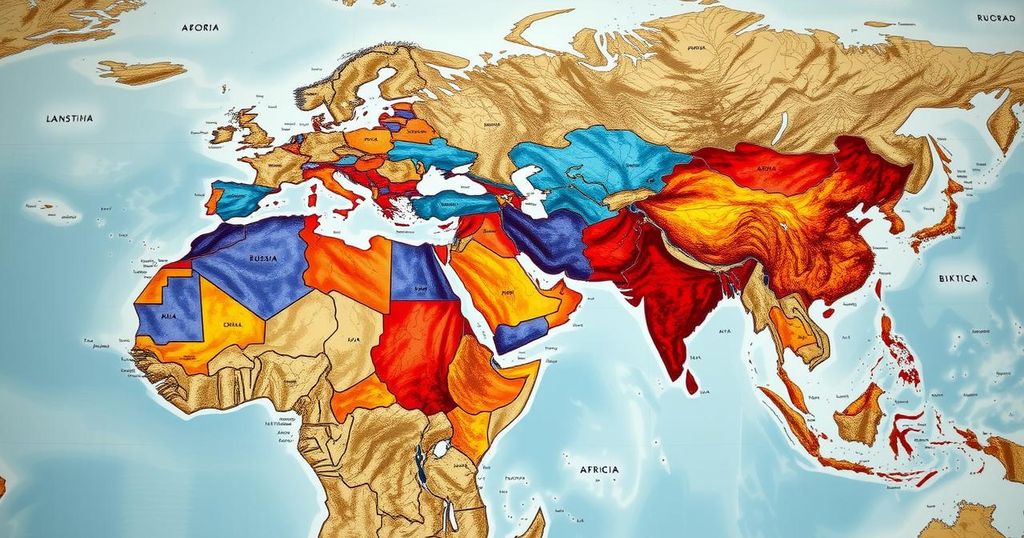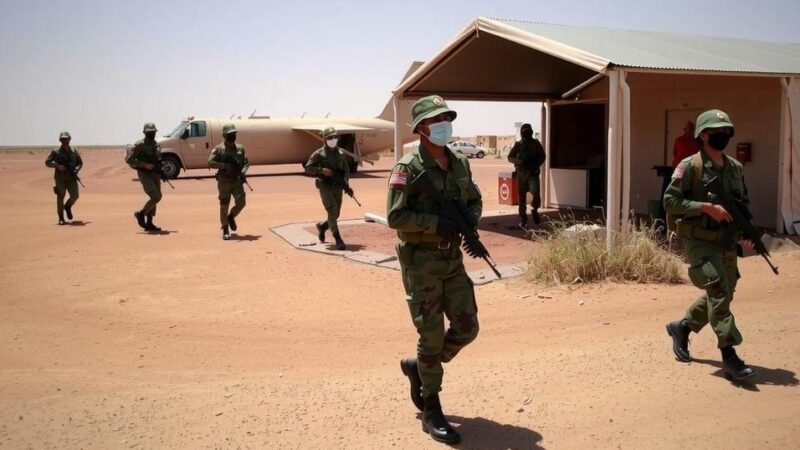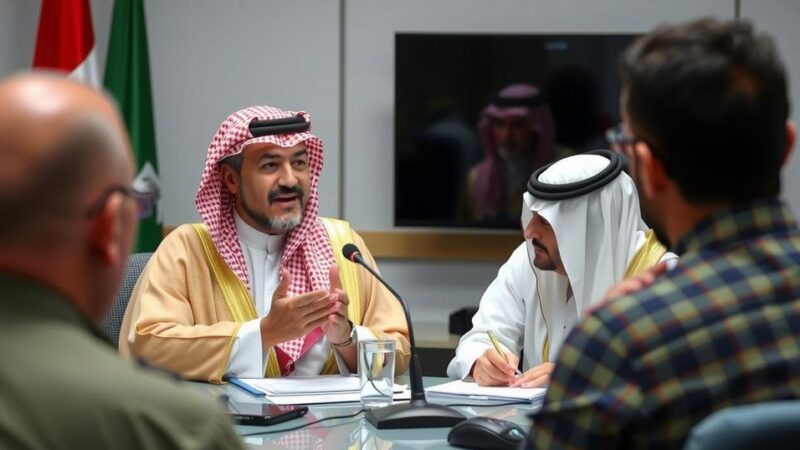Russia’s military and economic influence in Africa is crumbling due to overextension, inadequate resources, and rising regional opposition. Its mercenaries are implicated in increasing violence against civilians, further eroding goodwill. As alternative powers, such as Turkey, gain traction, Russia’s previously effective narratives of support and liberation are losing credibility. The ongoing war in Ukraine exacerbates these issues, limiting Russian capabilities on the continent.
The portrayal of Russia as a burgeoning power in Africa is at odds with the harsh realities faced by its military efforts on the continent. Overextended and ill-equipped, Russian mercenaries are embroiled in conflicts that exacerbate the plight of African civilians rather than alleviate it. Notably, the Kremlin’s aggressive expansionist strategies, often leveraging disinformation and supporting military coups, backfire as regional stability declines. Given recent defeats and a troubling dependency on local militias, Moscow’s influence is waning amidst rising competition from countries like Turkey. Furthermore, the ongoing conflict in Ukraine stretches Russian resources thin, limiting its ability to project power abroad, particularly in Africa. As discontent grows among the nations conditioned to depend on Russian support, it becomes increasingly evident that Russia’s grip on Africa is not as robust as its propagandistic narratives suggest. The international community must remain vigilant and reinforce democratic governance to counteract the misinformation propagated by Russia that seeks to destabilize the region.
Russia’s presence in Africa has been characterized by a complex interplay of military engagement, economic exploitation, and strategic propaganda. With a narrative steeped in remembrances of Soviet-era support for anti-colonial movements, Moscow has endeavored to portray itself as a champion of African sovereignty. However, this veneer is undermined by instances of violence and chaos following their military interventions. As the Kremlin struggles to maintain its operations in both Syria and Ukraine, the repercussions are keenly felt in its African engagements, unveiling the contradictions and practical limitations of Russia’s foreign policy in the region.
In summary, Russia’s aspirations to assert itself as a dominant power in Africa face significant challenges. Overextended military operations and backing authoritarian regimes have led to increased instability rather than support for genuine sovereignty. Additionally, the diminishing effectiveness of Russian mercenaries and the growing influence of alternative partners like Turkey reveal a shifting balance of power in Africa. The narrative of Russian omnipotence is crumbling, suggesting that Moscow’s hold on the continent is increasingly tenuous, driven largely by propaganda rather than grounded in practical capacity or goodwill.
Original Source: foreignpolicy.com







